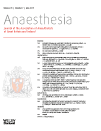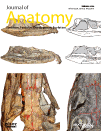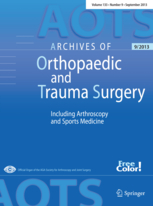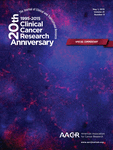 The author of a 2012 paper in Anaesthesia which offered the statistical equivalent of coffin nails to the case against record-breaking fraudster Yoshitaka Fujii (currently at the top of our leaderboard) has written a new article in which he claims to have improved upon his approach.
The author of a 2012 paper in Anaesthesia which offered the statistical equivalent of coffin nails to the case against record-breaking fraudster Yoshitaka Fujii (currently at the top of our leaderboard) has written a new article in which he claims to have improved upon his approach.
As we’ve written previously, John Carlisle, an anesthesiologist in the United Kingdom, analyzed nearly 170 papers by Fujii and found aspects of the reported data to be astronomically improbable. It turns out, however, that he made a mistake that, while not fatal to his initial conclusions, required fixing in a follow-up paper, titled “Calculating the probability of random sampling for continuous variables in submitted or published randomised controlled trials,” also published in Anaesthesia.
According to the abstract:








